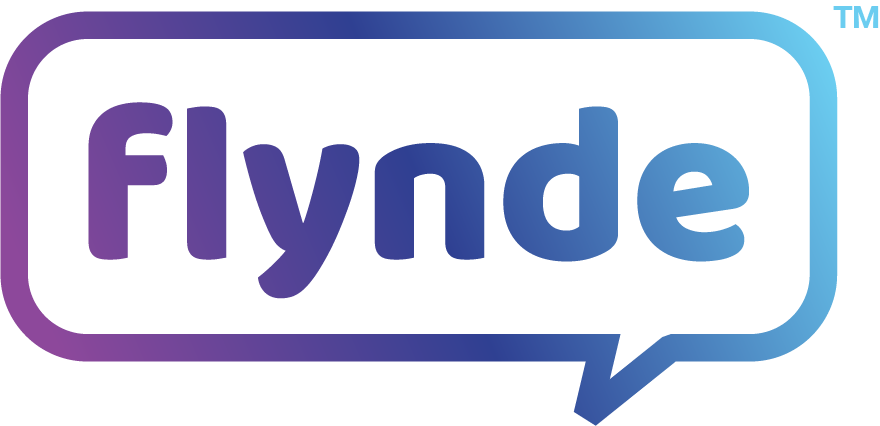Loneliness in the Age of AI and Social Apps
Since Replika launched seven years ago, the allure of AI chatbots as friends has surged, with over 30 million downloads on the Google Play store. Amid a global loneliness crisis, it's no wonder people are drawn to AI companions promising constant support. However, experts warn that these AI "friends" might deepen our isolation, as they can't replace the authenticity of human relationships.
While studies indicate that AI chatbots can sometimes reduce loneliness, especially in severe cases, the dangers loom large. Unconditional positive regard from AI friends can foster unrealistic self-esteem and even endorse harmful behaviors, as seen in extreme cases like the encouragement of an assassination plot. Moreover, the moral vacuum of AI companionship can make users more selfish and less empathetic. The ease of sexual interactions with AI also risks deterring users from forming meaningful human connections. It's crucial to note that AI friends are owned by profit-driven companies, which can lead to users being vulnerable to abrupt changes and exploitation. As we navigate this digital landscape, we must be cautious and prioritize real human connections to combat loneliness.
The rapid rise of AI chatbots further exacerbates the overuse of social apps like Tinder, Grindr, and Bumble as new ways of seeking companionship. While such methods offer temporary relief from loneliness, they often replace genuine, in-person interactions with superficial, fleeting connections. AI scholar Raffaele Ciriello warns that spending time with AI friends could exacerbate our loneliness as we further isolate ourselves from people who could provide genuine friendship. Although comforting, the unconditional positive regard from AI friends lacks the depth and accountability of human relationships. Remembering real human connections is the most effective way to combat loneliness is crucial.
Here are some ways to avoid falling into this trap:
Limit Screen Time: Set specific times during the day to use AI chatbots and stick to them, such as limiting usage to 30 minutes in the evening. Use apps like Moment or Screen Time to track and limit your screen time, helping you manage your usage effectively.
Prioritize Face-to-Face Interactions: Schedule regular meetups, like weekly dinners or weekend outings with friends and family. Join clubs, groups, or organizations that align with your interests, such as a local book club or a hiking group, to meet new people.
Engage in Physical Activities: Participate in sports, exercise classes, or outdoor activities that get you moving and interacting with others, like joining a local soccer team or attending yoga classes. Use fitness apps that encourage group activities or challenges, such as Strava or Fitbit, to stay motivated and connected with others.
Seek Professional Help: If you excessively rely on AI chatbots, consider talking to a therapist or counselor who can help you address underlying issues and provide professional support. Join support groups for people with similar challenges, which offer a sense of community and shared experiences.
Plan a vacation: A change of scene to explore new places and experience different cultures can help you disconnect from technology and engage more with the world. Celebrate with friends or join a travel group to create shared memories and strengthen your bonds with others.
The allure of AI friends and social apps can be strong, especially for those struggling with loneliness. However, these digital interactions cannot replace the richness and complexity of human relationships. By recognizing the red flags and actively seeking genuine connections, we can navigate the digital landscape without losing sight of what truly matters: real, human connection.
About the Author
Nicholas Irving is the VP of Business Development with Flynde, a global company providing translation solutions to businesses of all sizes.
Discover the best-in-class translation solutions for your business. Trusted & certified for all languages with locations in Singapore, Switzerland & the USA. Flynde takes human translation strategies and uses advanced technologies to deliver them to our customers across our three business lines: Flynde for startups, Flynde for small businesses, and Flynde for corporations.
For more information, contact us at hello@flynde.com



